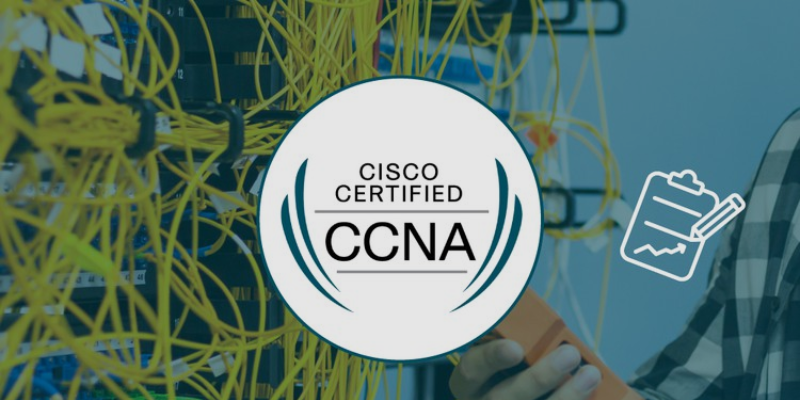With the Goods and Services Tax (GST) implementation in many countries, including India, businesses across various sectors have had to adapt to a new tax regime. Among these, manufacturers face unique challenges and requirements under the GST framework. This blog post will delve into the key GST requirements manufacturers must know to ensure compliance and optimize their tax management strategies. Specialized training programs such as GST Training in Chennai offered by FITA Academy can provide valuable insights and guidance for those seeking to enhance their understanding of GST.
Understanding GST for Manufacturers
Manufacturers play a crucial role in the supply chain, producing goods that eventually reach consumers. Under GST, manufacturers are subject to specific regulations to streamline tax processes and ensure transaction transparency.
Registration and Threshold Limit
One of the primary GST requirements for manufacturers is registration. Any manufacturer whose aggregate turnover exceeds the threshold limit set by the authorities must register for GST. Manufacturers must regularly monitor their turnover to determine if they meet the registration criteria.
Input Tax Credit (ITC)
Manufacturers can claim an Input Tax Credit on the GST paid on inputs used in the manufacturing process. This includes raw materials, components, machinery, and services utilized in production. However, to claim ITC, manufacturers must ensure that their suppliers are GST-compliant and have appropriately filed their tax returns.
Compliance and Documentation
Compliance is key for manufacturers to avoid penalties and maintain a good standing with tax authorities. This involves timely filing of GST returns, accurate reporting of transactions, and maintaining comprehensive documentation of invoices, purchase orders, and other relevant records. Manufacturers must also adhere to GST invoicing rules and issue valid invoices to their customers.
Reverse Charge Mechanism
Under GST, the reverse charge mechanism applies to certain specified goods and services. Manufacturers must be aware of situations where they must pay GST on their suppliers’ behalf. Compliance with the reverse charge mechanism necessitates careful transaction monitoring and an understanding applicable rules and rates.
Export and Import Procedures
Manufacturers engaged in international trade must navigate GST implications related to exports and imports. The export of goods is generally considered zero-rated under GST, allowing manufacturers to claim refunds on accumulated input taxes. On the other hand, imports are subject to Integrated Goods and Services Tax (IGST) and customs duties, which manufacturers need to factor into their cost calculations.
Manufacturers under the GST regime must be well-versed in their industry’s specific requirements and regulations. By ensuring compliance with GST provisions, leveraging input tax credits, and optimizing their tax planning strategies, manufacturers can effectively manage their tax liabilities and contribute to the growth of their businesses. Staying informed about updates and changes to the GST framework is essential for manufacturers to adapt and thrive in the dynamic tax environment. Additionally, seeking guidance and education from a reputable Training Institute in Chennai can provide valuable insights and knowledge to navigate the complexities of GST compliance and taxation effectively.


